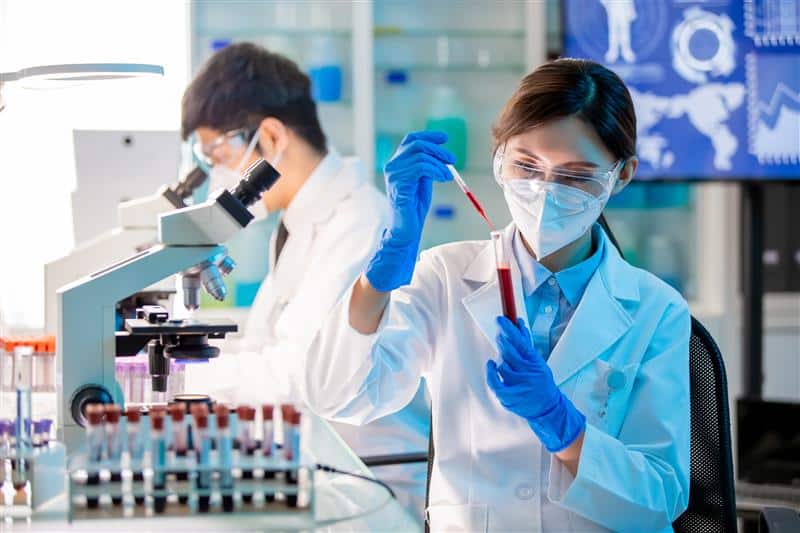Our state-of-the-art screening technology can detect potential health issues early, allowing prompt treatment and a greater chance of recovery. With Whole Body MRI, you can take control of your health and enjoy the peace of mind that comes with knowing you’re taking proactive steps to safeguard your well-being.
- The brain and neck will be checked for signs of cancer, aneurysms, and ischemic injury, as well as evaluate your spine for any abnormalities, herniations, or degenerative changes.
- The chest area will search for masses larger than 1.5cm and lesions as small as 0.5cm while inspecting vital organs, like the liver, gallbladder, pancreas, and more in the abdomen and pelvis for tumours as small as 1cm and other conditions.
- Shoulders, hips, and knees for any musculoskeletal conditions, ensuring a comprehensive health assessment. You can rest assured that no potential health issue will go unnoticed.
Importantly, this comprehensive and noninvasive scan will be completed in just 45 minutes, providing valuable health insights without the need for contrast administration. This convenience allows you to fit proactive health management into your busy schedule. To understand more, please check our how it works page.












